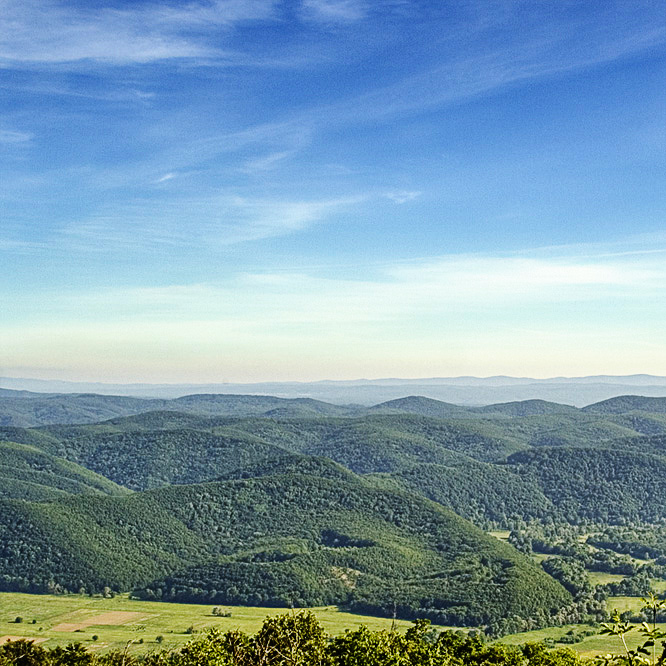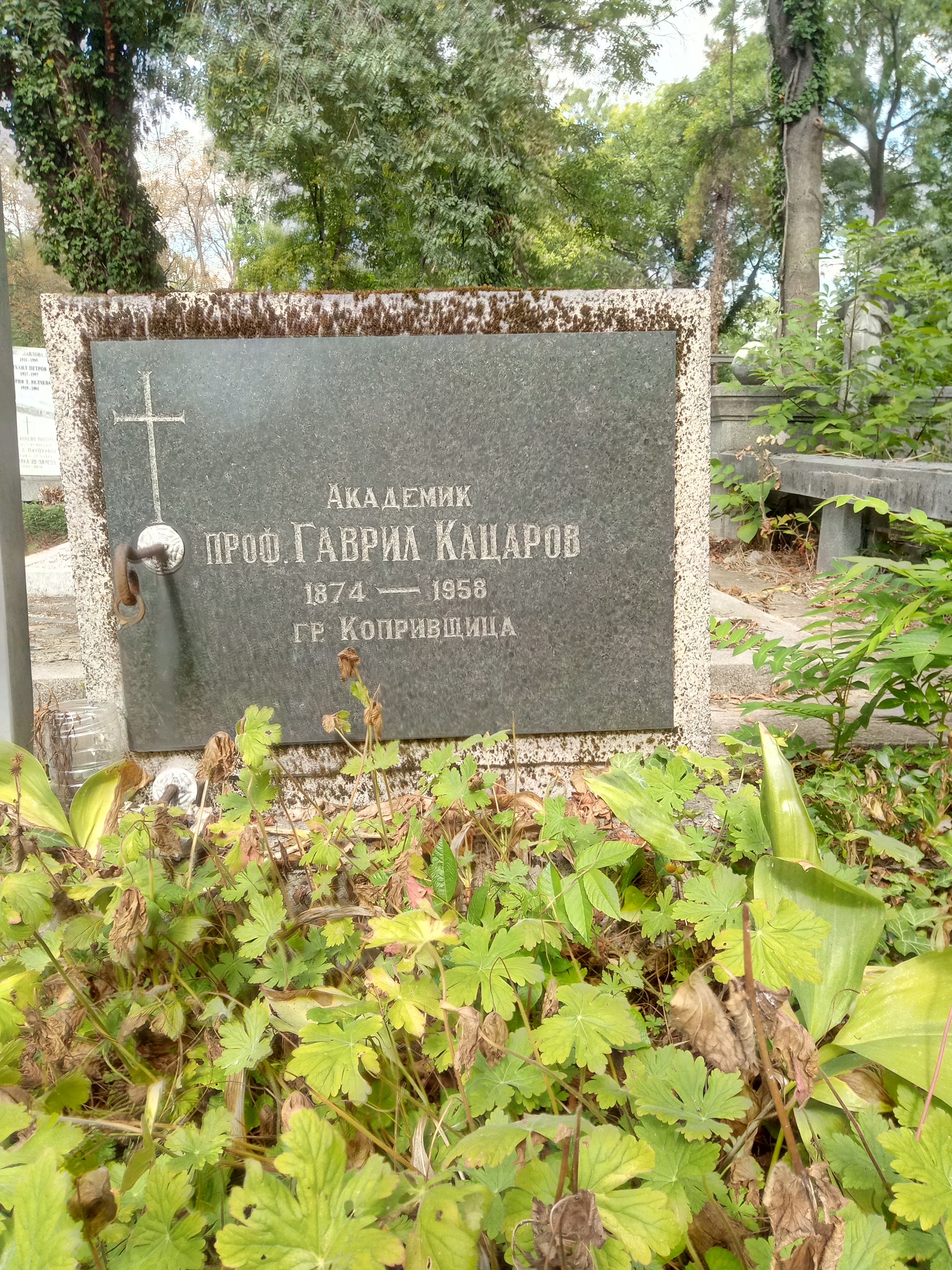|
Bessoi
The Bessi (; grc, Βῆσσοι, or , ) were a Thracian tribe that inhabited the upper valley of the Hebros and the lands between the Haemus and Rhodope mountain ranges in historical Thrace. Geography The exact geographic location of the Bessi is still unclear. According to Herodotus, the Bessi occupied the highest summits of the Satrae in south-western Thrace, while Polybius alludes to the Bessi as having been situated on the plains between the Dentheletae and Odrysians. The geographic extent of the Bessi is further expanded upon by Strabo in his '' Geographica'', where he states that the Bessi inhabited a land beginning near the source of the Hébros and encompassing the highlands between the Haemus and Rhodope mountain ranges that bordered the Paeonians and Illyrian Autariatae and Dardani to the west. Strabo also places the Bessi as bordering the Odrysians and Sapaeans. There are also indications that the Bessi gradually came to settle the lowlands between the Hébros an ... [...More Info...] [...Related Items...] OR: [Wikipedia] [Google] [Baidu] |
Sapaeans
Sapaeans, Sapaei or Sapaioi (Ancient Greek, "Σαπαίοι") were a Thracian tribe close to the Greek city of Abdera. One of their kings was named Abrupolis and had allied himself with the Romans. They ruled Thrace after the Odrysians until its incorporation by the Roman Empire as a province. Sapaean Kings of Thrace * Cotys I son of Rhoemetalces c.57 BC-48 BC * Rhescuporis I son of Cotys I 48 BC-41 BC * Cotys II son of Rhescuporis I 42 BC – 15 BC :*Thrace becomes a client state of Rome at 11 BC * Rhoemetalces I son of Cotys II 15 BC – 12 AD * Rhescuporis II son of Cotys II in western Thrace; 12–18 AD deposed * Cotys III son of Rhoemetalces I in eastern Thrace 12–18 murdered * Rhoemetalces II son of Cotys III and Tryphaena 18–26 :* Roman caretaker rules Rhoemetalces III part of Thrace 26-38 * Rhoemetalces III son of Rhescuporis II 38–46 :* 46 to the Roman Empire Family tree of Sapaean kings of Thrace References See also *List of Thra ... [...More Info...] [...Related Items...] OR: [Wikipedia] [Google] [Baidu] |
Scupi
Scupi (''Σκούποι'' in ancient greek) is an archaeological site located between Zajčev Rid (''Зајчев Рид'' 'Rabbit Hill') and the Vardar River, several kilometers from the center of Skopje in North Macedonia. A Roman military camp was founded here in the second century BC on the site of an older Dardanian settlement. It became later ''Colonia Flavia Aelia Scupi'' and many veteran legionnaires were settled there. A Roman town was founded in the time of Domitian (AD 81–96) and Scupi became the chief center for romanizing Dardania. It was abandoned in AD 518 after an earthquake destroyed the city. History Scupi became the capital of Dardania, which extended from Naissus to Bylazora, in the second century BC. The Dardanians had remained independent after the Roman conquest of Macedonia, because they had supported the Romans, hoping to enlarge their territory in this way. It is not clear when the Romans finally annexed Dardania and it seems most likely that the Dar ... [...More Info...] [...Related Items...] OR: [Wikipedia] [Google] [Baidu] |
Vespasian
Vespasian (; la, Vespasianus ; 17 November AD 9 – 23/24 June 79) was a Roman emperor who reigned from AD 69 to 79. The fourth and last emperor who reigned in the Year of the Four Emperors, he founded the Flavian dynasty that ruled the Empire for 27 years. His fiscal reforms and consolidation of the empire generated political stability and a vast Roman building program. Vespasian was the first emperor from an equestrian family and only rose later in his lifetime into the senatorial rank as the first member of his family to do so. Vespasian's renown came from his military success; he was legate of Legio II Augusta during the Roman invasion of Britain in 43 and subjugated Judaea during the Jewish rebellion of 66. While Vespasian besieged Jerusalem during the Jewish rebellion, emperor Nero committed suicide and plunged Rome into a year of civil war known as the Year of the Four Emperors. After Galba and Otho perished in quick succession, Vitellius became emperor in Apri ... [...More Info...] [...Related Items...] OR: [Wikipedia] [Google] [Baidu] |
Strandzha
Strandzha ( bg, Странджа, also transliterated as ''Strandja'', ; tr, Istranca , or ) is a mountain massif in southeastern Bulgaria and the European part of Turkey. It is in the southeastern part of the Balkans between the plains of Thrace to the west, the lowlands near Burgas to the north, and the Black Sea to the east. Its highest peak is Mahya Dağı ( bg, Махиада, ''Mahiada'') () in Turkey, while the highest point on Bulgarian territory is Golyamo Gradishte ( bg, Голямо Градище) (). The total area is approximately . The name of the massif allegedly derives from Istranca, the former name of the municipality of Binkılıç in Çatalca district, Istanbul Province, Istanbul province. Geography and climate The climate of the area is considerably influenced by the Black Sea and is predominantly humid continental in the mountains and humid subtropical at the coast. Major rivers in the area are the Veleka ( long) and the border river Rezovska ( long). ... [...More Info...] [...Related Items...] OR: [Wikipedia] [Google] [Baidu] |
Rila
Rila ( bg, Рила, ) is the highest mountain range of Bulgaria, the Balkans, Balkan Peninsula and Southeast Europe. It is situated in southwestern Bulgaria and forms part of the Rila–Rhodope Mountains, Rhodope Massif. The highest summit is Musala at an elevation of 2,925 m which makes Rila the sixth highest mountain range in Europe after the Caucasus, the Alps, Sierra Nevada (Spain), Sierra Nevada, the Pyrenees and Mount Etna, and the highest one between the Alps and the Caucasus. It spans a territory of 2,629 km2 with an average elevation of 1487 m. The mountain is believed to have been named after the Rilska River, river of the same name, which comes from the Old Bulgarian language, Old Bulgarian verb "рыти" meaning "to grub". Rila has abundant water resources. Some of the Balkans' longest and deepest rivers originate from Rila, including the Maritsa, Iskar (river), Iskar and Nestos (river), Mesta rivers. Bulgaria's main water divide separating the Black Se ... [...More Info...] [...Related Items...] OR: [Wikipedia] [Google] [Baidu] |
Margarita Tacheva
Margarita Tacheva ( bg, Маргарита Тачева; June 4, 1936 – December 18, 2008) was an eminent Bulgarian historian, a full professor in ancient history Ancient history is a time period from the beginning of writing and recorded human history to as far as late antiquity. The span of recorded history is roughly 5,000 years, beginning with the Sumerian cuneiform script. Ancient history cove ... and Thracology. Selected publications * * * References * * * * 20th-century Bulgarian historians Thracologists People from Shumen 1936 births 2008 deaths 21st-century Bulgarian historians {{Europe-historian-stub ... [...More Info...] [...Related Items...] OR: [Wikipedia] [Google] [Baidu] |
Trajan
Trajan ( ; la, Caesar Nerva Traianus; 18 September 539/11 August 117) was Roman emperor from 98 to 117. Officially declared ''optimus princeps'' ("best ruler") by the senate, Trajan is remembered as a successful soldier-emperor who presided over one of the greatest military expansions in Roman history and led the empire to attain its greatest territorial extent by the time of his death. He is also known for his philanthropic rule, overseeing extensive public building programs and implementing social welfare policies, which earned him his enduring reputation as the second of the Five Good Emperors who presided over an era of peace within the Empire and prosperity in the Mediterranean world. Trajan was born in Italica, close to modern Seville in present-day Spain, a small Roman ''municipium'' founded by Italic settlers in the province of Hispania Baetica. He came from a branch of the gens Ulpia, the ''Ulpi Traiani'', that originated in the Umbrian town of Tuder. ... [...More Info...] [...Related Items...] OR: [Wikipedia] [Google] [Baidu] |
Yakoruda
Yakoruda ( bg, Якоруда ) is a Bulgarian town located in the southwestern part of the country. A part of the Blagoevgrad Province, it is the seat of Yakuroda Municipality which is the north-easternmost in the province. The town lies in the Rhodope Mountains, along the Mesta River, 26 km west of the town of Velingrad. Yakoruda was proclaimed a town on 9 September 1964, having previously been officially classified as a village. A plurality of the residents are Muslim Bulgarians (Pomaks), the rest being for the most part Eastern Orthodox. Notable natives are '' Survivor BG'' season one runner-up Ahmed Shuganov and Minister of Labour and Social Policy Emiliya Maslarova. Honour Yakoruda Glacier on Greenwich Island in the South Shetland Islands, Antarctica is named after Yakoruda. Gallery Yakoruda entrance.jpg, Entrance road to Yakoruda from Yundola View of yakoruda.jpg, View of Yakoruda central parts Yakoruda church.jpg, Yakoruda Orthodox church and town school ... [...More Info...] [...Related Items...] OR: [Wikipedia] [Google] [Baidu] |
Gavril Katsarov
Gavril Iliev Katsarov ( bg, Гаврил Илиев Кацаров) was a Bulgarian historian, classical philologist and archeologist. Rector of Sofia University. Director of the National Archaeological Museum and the Bulgarian Archeological Institute. Adopted as the father of Bulgarian Thracology. In 1899 he graduated with a doctorate in Classical Philology and Ancient History from the University of Leipzig. He specialized at the University of Berlin and the University of Munich (1901-1902), followed by Italy (1906). Full member (academician) of the Bulgarian Academy of Sciences, (1909). Member of the Romanian Academy of Sciences The Romanian Academy of Sciences was an institution established in Romania by a group of 26 scientists, dissatisfied with the imperfect organization of the Scientific Section of the Romanian Academy, which was left in the background, with only 12 ... (1936) and the Austrian Academy of Sciences (1939). Member of foreign companies and institutes. ... [...More Info...] [...Related Items...] OR: [Wikipedia] [Google] [Baidu] |
Roman Empire
The Roman Empire ( la, Imperium Romanum ; grc-gre, Βασιλεία τῶν Ῥωμαίων, Basileía tôn Rhōmaíōn) was the post-Republican period of ancient Rome. As a polity, it included large territorial holdings around the Mediterranean Sea in Europe, North Africa, and Western Asia, and was ruled by emperors. From the accession of Caesar Augustus as the first Roman emperor to the military anarchy of the 3rd century, it was a Principate with Italia as the metropole of its provinces and the city of Rome as its sole capital. The Empire was later ruled by multiple emperors who shared control over the Western Roman Empire and the Eastern Roman Empire. The city of Rome remained the nominal capital of both parts until AD 476 when the imperial insignia were sent to Constantinople following the capture of the Western capital of Ravenna by the Germanic barbarians. The adoption of Christianity as the state church of the Roman Empire in AD 380 and the fall of the Western ... [...More Info...] [...Related Items...] OR: [Wikipedia] [Google] [Baidu] |
Stara Zagora
Stara Zagora ( bg, Стара Загора, ) is the sixth-largest city in Bulgaria, and the administrative capital of the homonymous Stara Zagora Province. Name The name comes from the Slavic root ''star'' ("old") and the name of the medieval region of Zagore ("beyond the alkanmountains" in Slavic) The original name was Beroe, which was changed to Ulpia Augusta Traiana by the Romans. From the 6th century the city was called Vereja and, from 784, Irenopolis (Greek: Ειρηνούπολις) in honour of the Byzantine empress Irene of Athens. In the Middle Ages it was called Boruj by the Bulgarians and later, Železnik. The Turks called it Eski Hisar (old fort) and Eski Zagra, from which its current name derives, assigned in 1871. History The original Thracian settlement dates from the 5-4th century BC when it was called Beroe or Beroia. The city was founded by Philip II of Macedon in 342 BC. Under the Roman Empire, the city was renamed ''Ulpia Augusta Traiana'' in hon ... [...More Info...] [...Related Items...] OR: [Wikipedia] [Google] [Baidu] |







